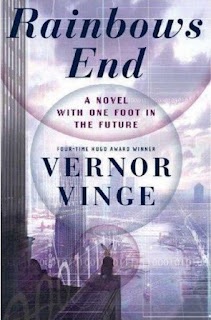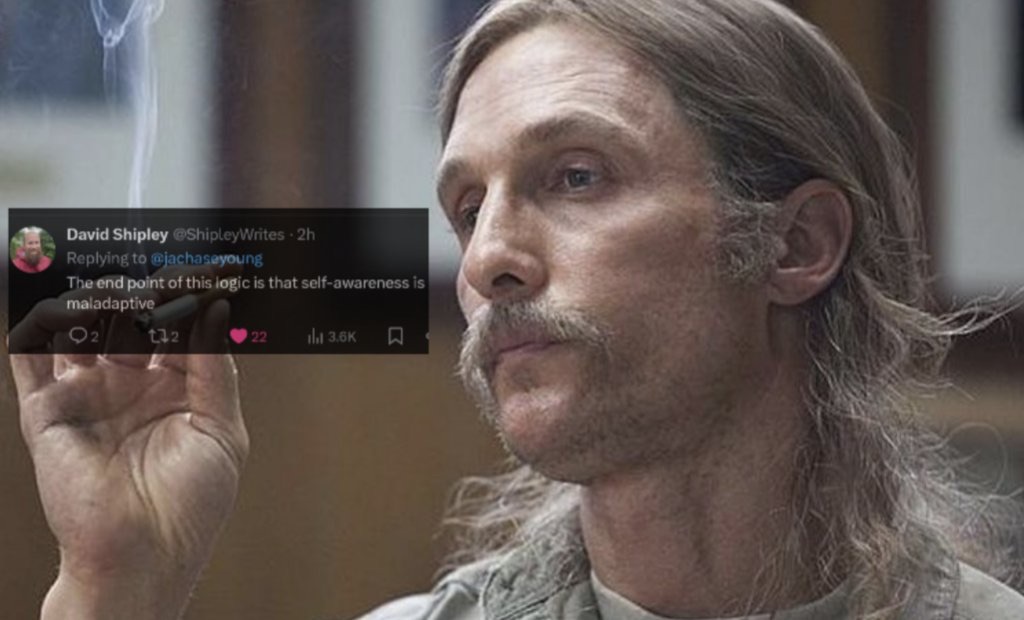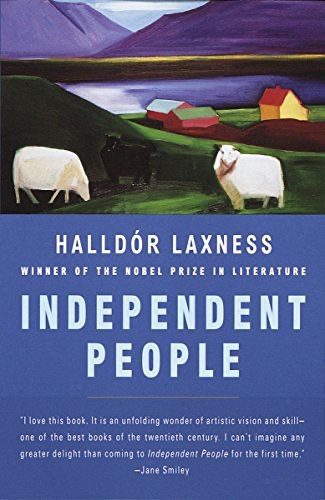If you’ve ever been on the receiving end of one of my information dumps, you know me to be a science fiction reader. It’s one of my true passions and most consistent hobbies.
I am very well read in the space through this love and it has proven to be an enormous advantage for a career in technology startups. It’s very rare to meet a builder that hasn’t in some way come to that love through imagining the future as it could be.
While I love classics from Asimov to Heinlein and I read everything from space opera to hard tech, my first true passion for genre fiction was cyperpunk. I saw a networked world of computation and I fell in love.
So it is with great sadness that I learned of the passing of one of the giants of science fiction, cyberspace progenitor, father of the tech singularity and mathematician Vernor Vinge.
Fellow author David Brin wrote a moving post about his friend’s monumental impact on the imaginations of optimists who believed we could build a better world with technology.
His 1981 novella “True Names” was perhaps the first story to present a plausible concept of cyberspace, which would later be central to cyberpunk stories by William Gibson, Neal Stephenson and others. Many innovators of modern industry cite “True Names” as their keystone technological inspiration.
David Brin
It’s through the vision of authors like William Gibson and Neal Stephenson that I saw what computing could do to help us build.
Cyperpunk wrote many imaginative paths for artificial intelligence. Gibson’s Neuromancer and gave us early crypto culture. Neal Stephenson showed us a virtual world atop our current one in Snowcrash. The metaverse emerges.
I’ve lived my entire adult life online after an entirely analog childhood. I am straddling that small gap of in-between human. I helped build some small parts of the network of the internet. I am a citizen of the network state. I am all these things because of Vernor Vinge.
Humanity shines with tools and we had found in math a way to give an explanation of the workings the world. That our meager intelligences learned to compute and then to build computing machines astounds me.That we continue to build something more with those insights astounds me further. The acceleration of that started long before me.
At this moment in 2024 all anyone can talk about is if those computing creations might exceed us. Of course that question is fundamentally existential. A Copernican revolution recentering our known world again.
Networking our computation has taken us so far and so fast. It reflects the best and worst of us. Vernor explored “what if“ futures that went far behind our contained cyberspace. We wouldn’t have modern singularity thought about what could happen if artificial intelligence really will emerge amongst us without Vinge’s work. The Zones of Thought series is a mind bender.
I myself have a different favorite. Set in 2025 but written in 2007, I didn’t expect Rainbows End to hew at all close to my reality. And yet. The earliest introduction I recall of crypto’s decentralized autonomous organizations are from this novel.
Vernor is as close as nerds have to a prophet. Here we are seeing the power of artificial intelligence dominate our human great power debates from culture to business to government. Everyone who makes things has an opportunity here to own building this.
I know that in whatever moment we are about greet (singularity or not) that I remember that we humans build technology from the imagination of Vernor Vinge.
No matter how alien the future may seem, we humans have build it first. Don’t you want to be a part of that?


